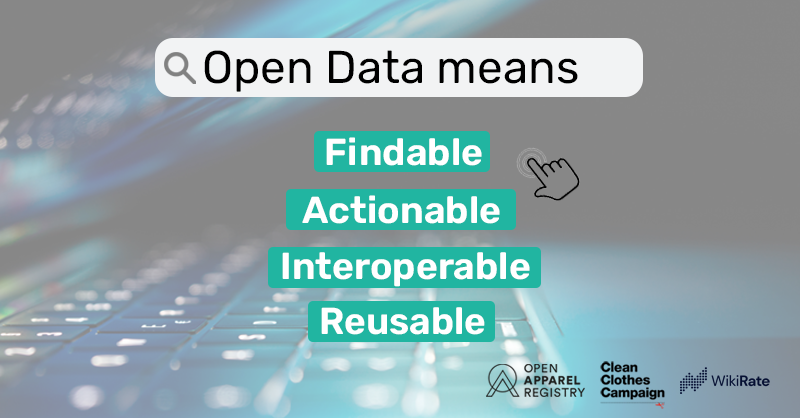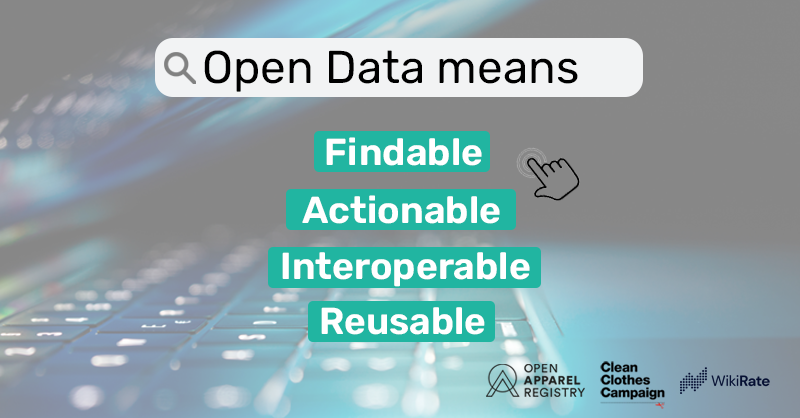
Apply Open Data Principles in EU legislation on corporate reporting
Current corporate sustainability reporting is badly flawed as open data principles are not applied. SOMO supports the call on the EU Commission and the European Parliament to make sure that stakeholder access, interoperability and collaboration are integrated in legislation.
Upcoming EU Mandatory Human Rights Due Diligence legislation offers chance for improvement
EU rules require large companies to publish regular reports on the social and environmental impacts of their activities. The current Corporate Sustainability Reporting Directive(opens in new window) lays down the rules on disclosure of non-financial and diversity information by certain large companies and an updated version will be an integral part of the Mandatory Human Rights Due Diligence legislation package currently being finalised in the EU. However, it makes no mention of whether these corporate sustainability reports will be required to adhere to open data principles.

Open Data Principles
To ensure data is open, it must meet the standards of legal openness and technical openness or the “F.A.I.R” principle:
- F: Findable or easily discoverable on a website or within a database
- A: Accessible or available in a machine readable, “convenient, modifiable form” and published as a whole, complete dataset (not cherry-picked)
- I: Interoperable or able to be mixed with different data sets
- R: Reusable or provided under an (open) license that permits re-use and redistribution, including the intermixing with other datasets.
The reporting frameworks and requirements of the Corporate Sustainability Reporting Directive must integrate Open Data principles to unlock the legislation’s full potential.
Join us(opens in new window) and our fellow signatories in urging EU leaders to make this vital change.







